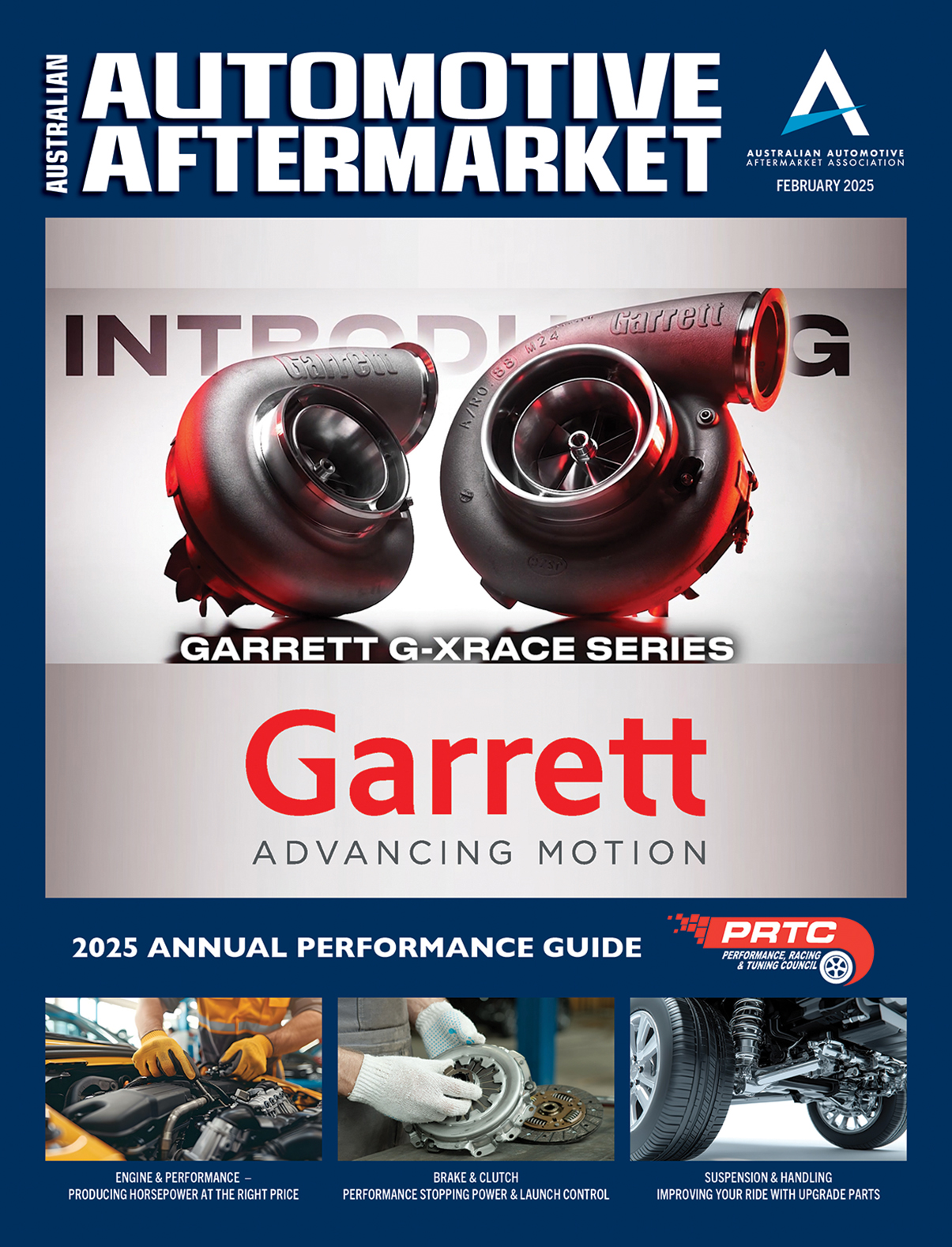LOOKING AFTER DIESEL ENGINES
Vehicle maintenance for diesel engines is markedly different compared to petrol-powered vehicles

A diesel engine performs best when it’s working hard or out on the open road where it can warm up and stay warm, so urban driving can take its toll, resulting in less efficient fuel combustion for more exhaust soot and particulates.
Most modern diesel vehicles are designed to meet at least Euro 4 emission standards, meaning they’re fitted with a DPF (Diesel Particulate Filter) and a monitoring system.
There is a limit to the amount of particulate the DPF can hold, so it does require cleaning – but unlike regular filters, it isn’t just a matter of taking it out and cleaning it yourself as it is located within the exhaust system.
Cleaning is performed by the vehicle’s Engine Management System and occurs automatically when the vehicle is able to maintain a high engine load for a certain amount of time with exhaust temperatures high enough to vaporise or convert the soot particulates into CO2, allowing them to be safely released from the exhaust system.
If the system isn’t brought up to optimum temps, the Engine Management System enters Active DPF Regeneration mode, injecting a miniscule amount of diesel fuel right after combustion to raise exhaust temps to the required amount to initiate DPF regeneration.
If regeneration is constantly interrupted by inconsistent driving conditions or the vehicle is never driven to the point where regeneration can be initiated, the DPF Warning light will illuminate.

The remedy is to take the car out for a 20-minute drive, keeping the engine revs above 2000 RPM. Once the filter is clean, the light will go out.
On the servicing side, using the correct oil and keeping oil changes up to date is essential in keeping your diesel engine and DPF operating the way it should. As the engine ages, blow-by gases containing carbon and metallic ash from the engine oil makes their way into the exhaust system, introducing the possibility of DPF core contamination.
Low-ash engine oils are an absolute must for any engine fitted with a DPF as they don’t contribute to DPF contamination. It’s also worth servicing your vehicle more frequently if it is subjected to more urban type driving as diesel fuel from the Active DPF Regeneration mode can find its way into the engine oil.
Another way to help keep your diesel engine running at its best is to fit it with an Oil Catch-Can System, and a Fuel Water Separator.
The Ryco RCC351 oil catch-can system works to eliminate carbon-blockage within the intake manifold. It is installed between the engine’s PCV valve and air intake system and utilises its internal filter to separate carbon-causing crankcase vapours from the crankcase air, cleaning it before it’s recirculated back into the intake.
The Fuel Water Separator acts as an added line of defence in filtering water and particulates from the fuel before it reaches the fuel filter, giving you peace of mind that there’s a flow of clean fuel reaching your engine. Ryco offers easy-to-install Fuel Water Separator kits to suit a wide range of vehicles.
For more information, visit www.rycofilters.com.au









